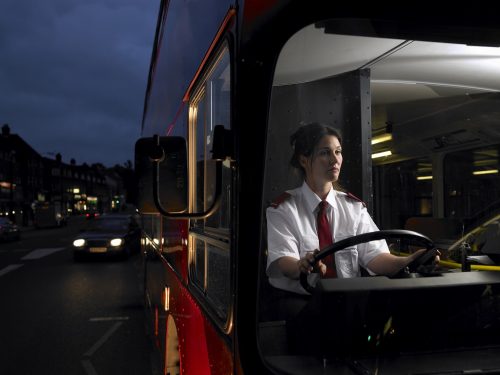
Trapeze’s Pete Adney discusses how depot managers can more effectively manage their time to get more value out of their working hours
UK traffic offices are notoriously challenging workplaces. Operations managers, traffic managers, forward allocators and controllers strive to oversee coalface operation – frequently under extreme pressure. […]
By subscribing you will benefit from:
- Operator & Supplier Profiles
- Face-to-Face Interviews
- Lastest News
- Test Drives and Reviews
- Legal Updates
- Route Focus
- Industry Insider Opinions
- Passenger Perspective
- Vehicle Launches
- and much more!


